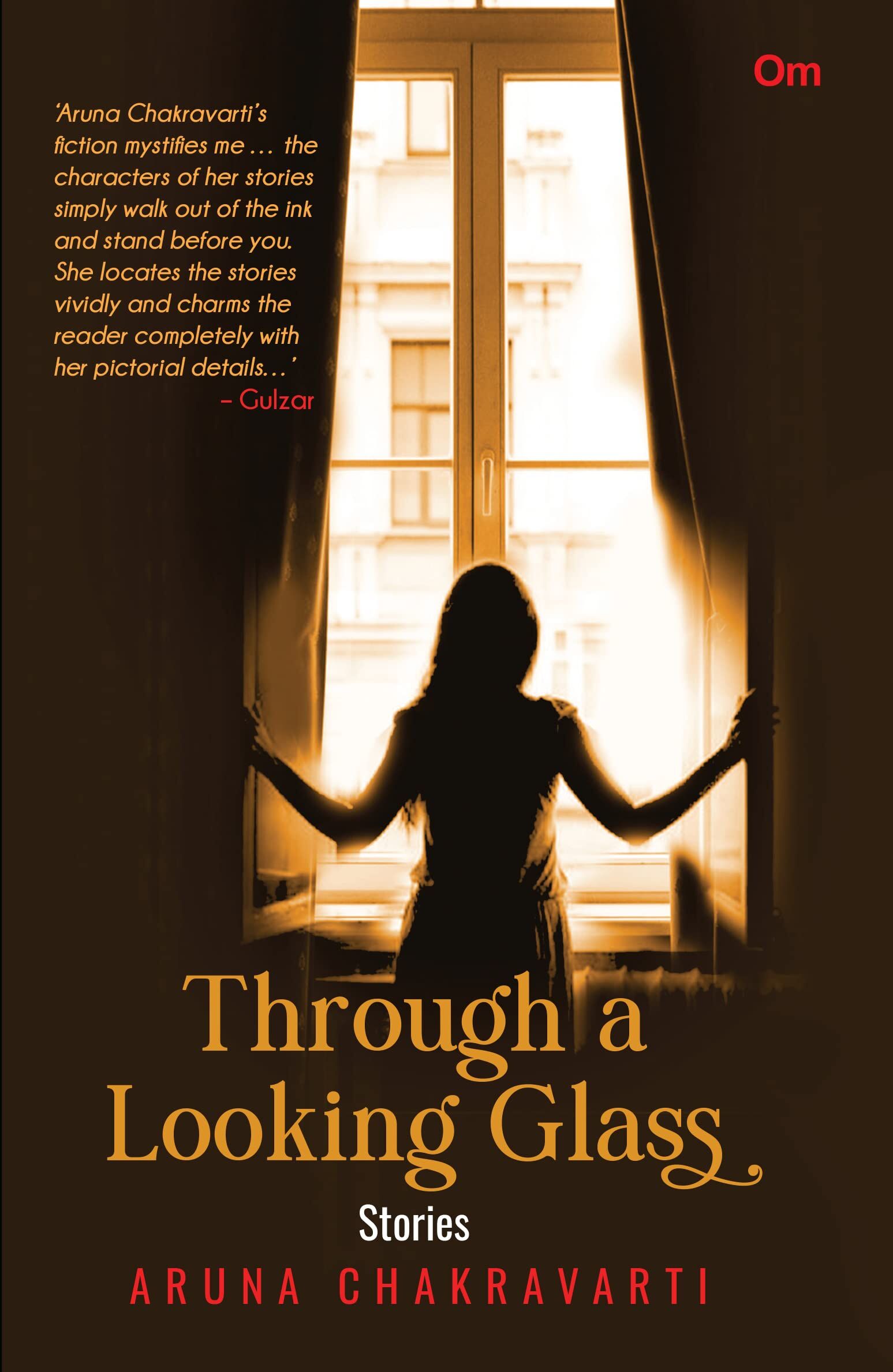Glancing through a prism
‘Through a Looking Glass’ by Aruna Chakravarti is a ‘breathless’ collection of short stories with female protagonists of varied yet identical hues—told through an ‘aloof eye’ and taking readers on a ‘carnival ride’ full of ‘sudden, illuminating discoveries’

From a small village in West Bengal to Connaught Place in bustling Delhi to the lanes of Kolkata and then onwards to Hounslow, England, only to come back to a small village called Garh Bishnupur by the banks of Sona Dighi, before finally and reluctantly resting at a window with a clear view of the river, in Srirampur.
Reading Aruna Chakraverti's book of stories is a ride of inexplicable delight.
For once, she gives you her talent for the historical, sprawling saga in a breathless short story collection.
Staying true to her forte by continuing to weave unforgettable women like Mobile Mataji, Satwant Chachi, Princess Poulomi to name the very first few. Women, whom you can't help but take with you into the next story, and the next. For truly, like any truly gifted short story writer knows, it is all one story, told through a myriad lens. You recognize yourself, in all the women you read, the emotions are too familiar even if their worlds are not. You are reminded of Alice Munro in the sweeps of plot and narration. The years roll by, back and forth, as the women meet old lost friends or a different version of themselves, decades later, to put many pieces of the puzzle back together. Many but not all.
Some puzzling pieces are always left like mysterious whiffs in the air for the reader to wonder about, even agonise about, days later. What did happen with Tillotama on that fateful night at the Bhairavi's place by the river? What made Neela jump from her balcony, or wait, was she pushed? What was the answer old dying Pomo sought in her dreams?
The author believes in leaving some questions embedded in the story for the reader to keep chewing on and so, like your favourite gum, or a meethi supari, if you wish, you find that the relationship between the writer and you, is a lingering and enduring one.
Yet, it is with an aloof eye, that the stories are told. It is almost like the author is holding herself back from becoming her characters as she writes them. So that she can narrate truly and without unnecessary emotion, what really does and can transpire in that moment.
You find yourself intrigued and shaken at the end of 'Crooked house' where two friends meet again after a decade, Chitri runs '…a strange, alien figure in a short, frayed skirt, spindly legs tottering on high-heeled shoes' shouting out her address above the noise of the engine in the moving car that is taking her old friend, now successful and well settled, further and further away. "Don't forget. D for Delhi. 44 for…I'll be waiting." The story ends with her friend, who is also the narrator of the story, thinking, 'I wondered how long she would wait'.
You can't predict the story or the state of your heart as you go headlong into this carnival ride full of sudden, illuminating discoveries.
In 'Perceptions' the story closes with two lines of poetry
But with a spirit unreconciled
Flash an unquenched defiance to the stars
Like a theme for the collection, these lines hum in your head too, as you see the sometimes strong, sometimes weak, always suffering, always triumphing women flash their defiance to the stars controlling their fates.
The writer is national creative director with a global advertising agency. Views expressed are personal



